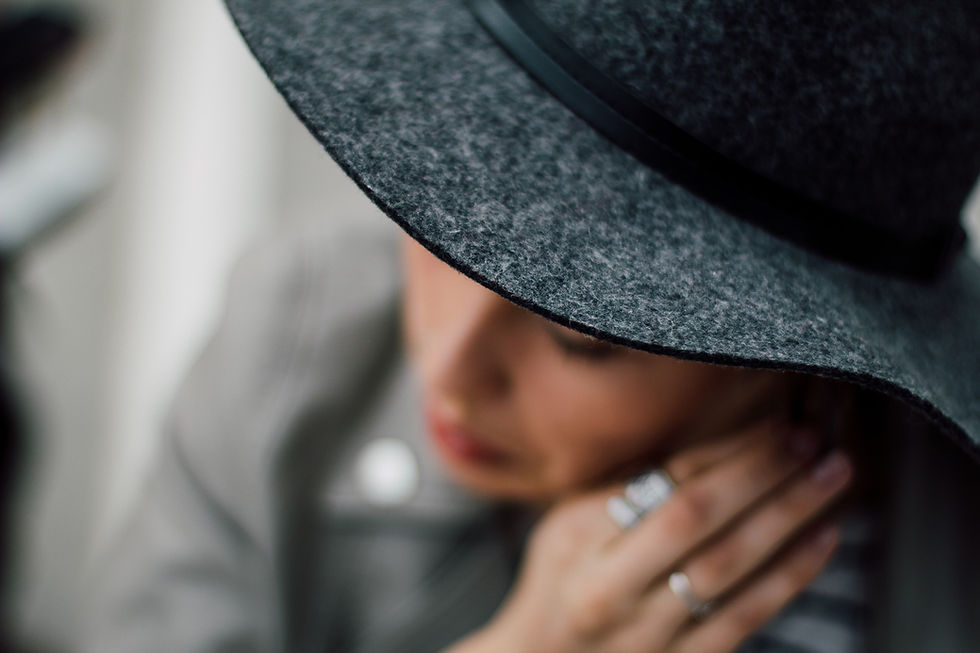Love Your Liver
- Alison J
- Feb 21, 2018
- 3 min read

Recapping on my facebook live session, “Love your Liver”, if you prefer to watch the video then click here. If you missed the first video “How Full is Your Bucket” then click here.
Your liver is the largest internal organ in your body and weighs around 1.4 kg. If you are wondering, your skin is actually the largest external organ and weighs about 3.6 kg in the average adult.
Imagine the busiest transit hub in the world, with buses, trains, planes and cars coming and going all day long transporting people everywhere they need to go. That may give you some idea of just how important your liver is and how many functions that it has to complete around the clock to keep you going.
Here is a broad idea of what your liver achieves every day, think it’s time for a pay rise!
Bile Production – Your liver produces bile which is needed for the digestion of both fats and water-soluble vitamins in the small intestine.
Enzyme Activation – Without them your body wouldn’t be able to convert toxic substances such as alcohol, medications and other toxins into harmless waste for safe removal.
Metabolism – Metabolises fats, protein and carbs for the production of specific proteins as well as energy.
Removes Waste – Your blood cells have a limited life and bilirubin is a bi-product of their breakdown. The liver clears the bilirubin, as well as cholesterol, hormones, drugs and other toxins.
Storage Facility – Stores vitamins, minerals and glycogen. The liver is in constant contact with the digestive system to make sure these stores are in balance.
Regulates Blood Supply – It filters our blood making sure it provides a source of essential nutrients as well as regulating our blood sugar levels.
If you have an unhappy liver, you are likely to have an unhappy gut. Here are some common symptoms:
Bloating
Constipation
Fatigue
Weight gain
We briefly discussed that the liver is responsible for the clearance of waste from the body. This waste is cleared in two ways, either by the kidneys in the form of urine or through the bowel. Imagine then if your bowel is not working correctly the effect that this waste may have on the digestive system. This works both ways, with a recent study showing a direct correlation between the health of your gut bacteria and your liver. An imbalance of bacteria in the gut is a major contributor to fatty liver disease.
What can you do?
Firstly, I would like to point out that one of the symptoms of a malfunctioning liver is yellowing in the whites of the eyes. If you notice this I highly recommend that you visit your doctor and obtain a blood test to check your liver function. The liver is able to regenerate but only if we address any malfunctions early.
Remove processed foods
Reduce your sugar intake in both foods and drinks
Reduce alcohol consumption
Increase consumption of a broad range of spray free fruits and vegetables
Eat a moderate amount of quality protein
Include probiotic foods such as fermented vegetables, fermented drinks such as Kombucha and Kefir, take a tablespoon of apple cider vinegar in a glass of water first thing in the morning and last thing before bed
Get a good night sleep. Your body detoxes whilst you are resting.



Comments